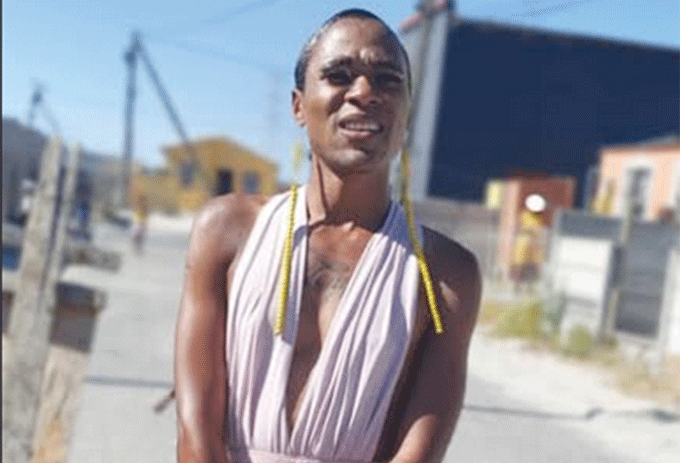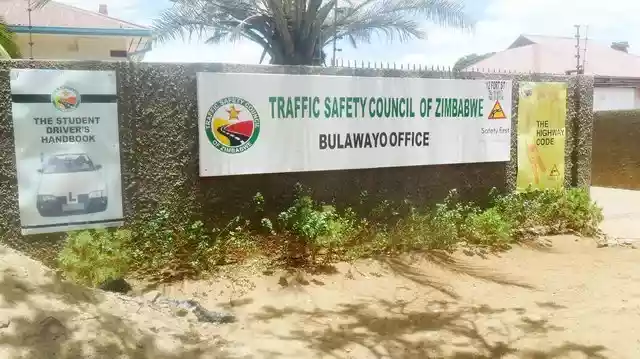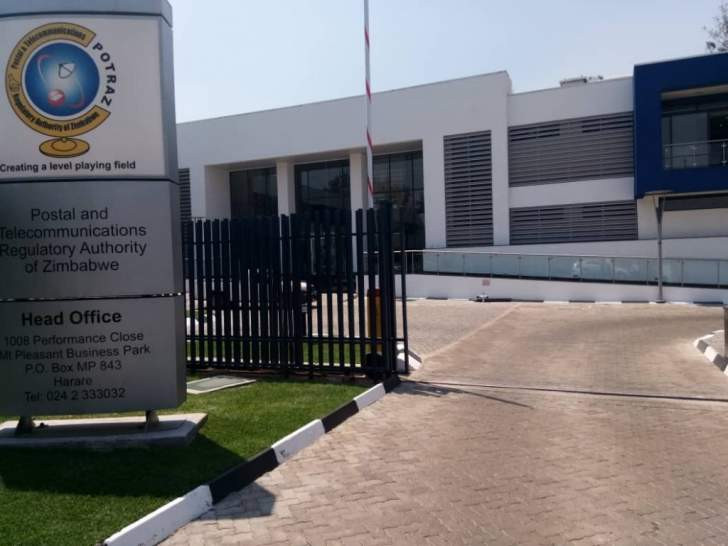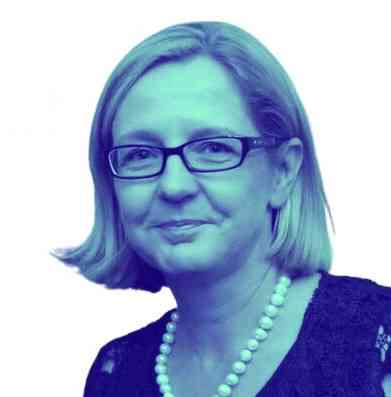
BY EVANS MATHANDA GROWING up in Midlands Lower Gwelo and being surrounded by Seventh Day Adventist church family members, gay rights’ activist Elton Bhebhe expressing his sexual orientation was difficult.
Bhebhe bottled his sexuality as he also struggled to interact with other boys, but exhibiting some of feminine tendencies.
In many African countries, homosexuality is still a taboo subject, with society holding conservative views on gender identities and roles.
In 2019, Zambia sentenced two men to 15 years in prison for having consensual sex in the privacy of their hotel room.
In Zimbabwe, the Lesbian, Gay, Bisexual, Transgender and Intersex (LGBTI) community are not free to come clear about their sexuality probably due to religion and fear of discrimination.
“I grew up in a Christian family, and so expressing my sexuality was very difficult,” Bhebhe said.
“It was not an easy journey because as I grew up knowing that I am gay, I had no one to share my feelings with. I grew up as a very secretive person and SDA is a very strict traditional church. For that reason, I just kept my feelings within me and I did not share with anyone until I grew up to be an independent individual.”
But Bhebhe’s cousin Clementine Nkiwane whom he grew up with in the village said he always had suspicions over Bhebhe’s ‘weird’ character.
- Chamisa under fire over US$120K donation
- Mavhunga puts DeMbare into Chibuku quarterfinals
- Pension funds bet on Cabora Bassa oilfields
- Councils defy govt fire tender directive
Keep Reading
“What I know is that Elton never wanted to share a bathroom with other boys. When it’s time for bathing and even when sleeping, he never shared a bathroom or blanket with other boys. So he was just difficult to understand,” Nkiwane said.
Director for Padare Enkundleni Men’s Forum on Gender Walter Vengesayi said the organisation is against all forms of discrimination against the LGBTI community.
“Advocating for human rights is also part of our work and we deal with every boy child regardless of their sexuality and background. The issues of sexual orientation should be a personal decision,” Vengsayi said.
“The laws of the country do not accept any form of discrimination and we strongly believed that every person have equal rights to decide on what they want to be.”
Zimbabwe criminalises same-sex relations. The constitution guarantees rights such as equality and non-discrimination but is silent on specific rights for LGBTI community.
Former President Robert Mugabe was critic of homosexuals, and was known for making homophobic insulting statements over the years.
In a first, authorities allowed the LGBTI community and sex workers to exhibit at the 2018 the Zimbabwe International Trade Fair (ZITF) held in Bulawayo in April. Under Mugabe, it was unthinkable as they were often denied permission.
But investigations show that discrimination against the LGBTI starts from within families.
Bhebhe told NewsDay about his experience after he was rejected by his family members when he decided to be open about his sexuality.
“In terms of discrimination among family members and friends, I can say I went through the worst as regards being finally accepted as a transgender person. It was a difficult experience.
“I was called all sorts of names and was considered a curse to the family. But I am glad now I can express my feelings, I am gay nothing changes me because I am who I am,” he added.
About 54% of LGBTI members identify themselves as bisexual, 24% of them say they are gay, 11.7% identifyas lesbian and 11.3% as transgender, according to LGBTI Center’s 2021 report.
Studies suggest that countries that are more inclusive of LGBTI people have stronger economies and more productive workers since they are not excluded in society’s development initiatives.
But Zimbabwe is said to be not a safe place for the LGBTI community.
In 2015, Mugabe criticised Western nations’ attempts to ‘proscribe new rights contrary to Zimbabwe’s values, norms, traditions and beliefs’.
“We are not gays!” deviating from his prepared remarks, Mugabe told the United Nations General Assembly.
In their 2020 report, the Gays and Lesbian Association of Zimbabwe (GALZ) established that social inequalities faced by LGBTI young people increased the high rate of poverty in the country.
“To conquer the challenges faced by young people, governments need to acknowledge and encourage young peoples’ voices. LGBTI+ youth also need to assert their right and demand meaningful, non-discriminatory involvement.
“Young people form a key element in the achievement of the Sustainable Development Goals (SDGs), however, there are social, structural, economic, political inequalities being faced by young people in their diversity including young lgbtq persons. The majority of young people, and those in the rural areas are unemployed, unskilled and lack access to productive resources and are, therefore, socially and economically vulnerable to poverty and exploitation,” parts of Galz report reads.
Last year, South African celebrity Somizi Mhlongo was scheduled to travel to Zimbabwe as a guest of honour at the reopening of a top restaurant in Harare.
But the trip never happened following strong criticism over his sexual orientation as a gay activist.
“That Somizi experience left a bad reputation for the country and it was embarrassing,” Bhebhe said.
“If we look at Zimbabwe, it has one of the largest lgbtq communities but they live in closets. So, blocking Somizi from visiting Zimbabwe was a very bad decision made by the government in my view. Somizi’s trip was not necessarily about coming to Zimbabwe to promote the lgbtq community, but to promote the restaurant business.
“So, for him to be blocked from taking part in other economic activities was a bad idea because he was coming for business, not for LGBTI issues. Somizi is just a crowd puller like any other celebrity. For me, it was for the purpose of marketing the restaurant and had nothing to do with his sexuality,” he added.
Now living in South Africa, Bhebhe now stays with his partner and they have adopted a girl child who is now 4 years old.










